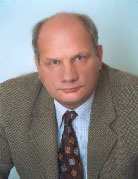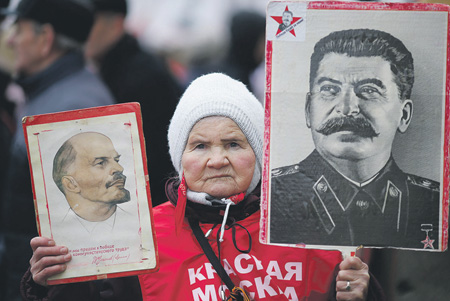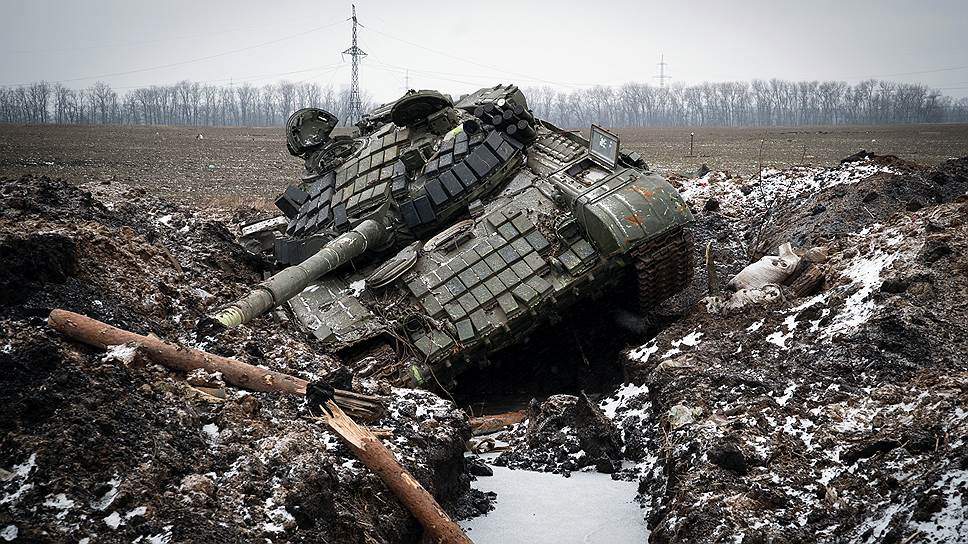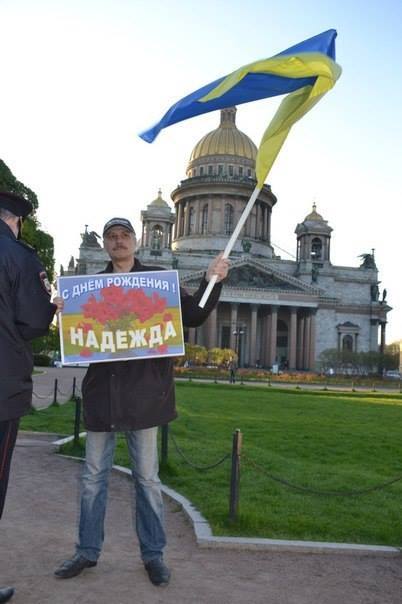The Soviet substitution in the 1930s of the state as the idol of the crowd for religious faith not only has led to the rise of a kind of mass neo-paganism among Russians but also explains why such a high share of Russians support Vladimir Putin and why the differences between them and their opponents are so deep, according to Sergey Dzyuba.

Indeed, the Novosibirsk scholar says in an essay in Nezavisimaya gazeta
, “the causes of the division of Russian mass consciousness” are to be found “not in the realm of the rational” as many try to do “but rather in that of the irrational” replacement of religion by the state in the minds of Russians.
That occurred, he points out, in the 1920s and 1930s when at one and the same time, the Soviet authorities worked to destroy the cultural religious tradition of most Russians both directly and by elevating the role of the state to the point that Russians looked to it and to its chief “priest” rather than to religious organizations.
That has provoked a deep division in Russian society between those “who conceive (unnoticed by themselves) a new quasi-religion and those who refuse to accept it,” a division that can be described as one between “believers and atheists” and that explains why there are so many of the former and why they overwhelmingly support the current “priest,” Vladimir Putin.
Such a division, of course, is “very deep,” Dzyuba says, and means that those in one group cannot in any way understand those in the other. And thus “the sacralization of the state” in Soviet times and the continuing influence of that idea under Putin “is throwing [Russian] society very far back at the level of mentality.”
Indeed, one can say that “the current Russian political mentality to a large extent was formed in the 1930s” and that Putin has understood and exploited this better than any of his predecessors since Stalin’s death in 1953.
Prior to 1917, “the population of Russia was very religious.” The state performed relatively few functions, and Russians looked to the church in time of need. But all that changed in the first two decades of Soviet power. Religion was attacked, and the state grew to such a size that it fulfilled almost all the social support functions people wanted.
 And as that happened, something else happened as well, Dzyuba argues. People transferred their faith from religion to the state imbuing it with religious significance and its leader-priests as being beyond question. Indeed, any challenge to them has become a kind of sacrilege.
And as that happened, something else happened as well, Dzyuba argues. People transferred their faith from religion to the state imbuing it with religious significance and its leader-priests as being beyond question. Indeed, any challenge to them has become a kind of sacrilege.
“At the basis of pagan faith,” the Siberian scholar continues, “lies the ascription to ordinary things and phenomena or a certain supernatural and mystical meaning.” That may involve an interest in astrology but it can and in the case of Russians can be about the state itself and its leaders.
As an example of this process, Dzyuba describes the way New Year’s became “the most magical night of the year” in 1935 when the party and state decided it was so, and in this way, they used it to attract popular faith to the state and its head away from religion and the religious holiday of Christmas.
There are many other examples of this process in which the state becomes a kind of god, Dzyuba says. And as a result, “one can suppose that the place of the former God in the subconsciousness of people was occupied then by a new idol, on whom now depends all good things, an idol in the shape of the state.”
To the extent this is so, he suggests, almost everything in Russia today makes sense.
An idol must have a priest and the priest must be beyond question. Moreover, a religious leader assumes his office for life and so too the head of such an idol-state must as well. And the state must remain beyond any critical assessment.
And in this arrangement, the state is far more important than the individual because “the state is not for the individual but rather the individual for the state. Thus, it is more important for believers to spend money on megaprojects like the Sochi Olympiad than to fix highways so that people will not die in accidents.
Finally, Dzyuba says, this quasi-religious attachment to the state also explains why there is so much xenophobia among Russians. Other cultures and states are by definition alien and thus opposed to Russia, which is in possession of the true faith.





